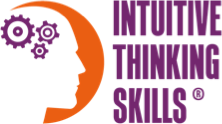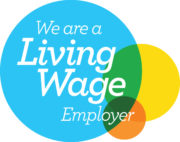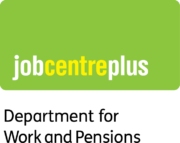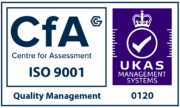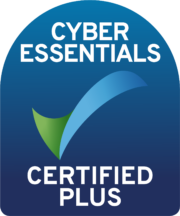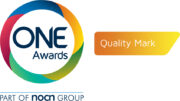
We are able to deliver accredited, short-duration training that is focused on a myriad of issues and entirely centred on the participant's needs.
What is My I-D.E.A.S™?
My I-D.E.A.S™ modules deliver bespoke yet structured learning sessions which can be completed stand-alone or as a set of learning for both Adults and Young People.
Download our Adults Bespoke Learning Overview Download our Young People's Bespoke Learning Overview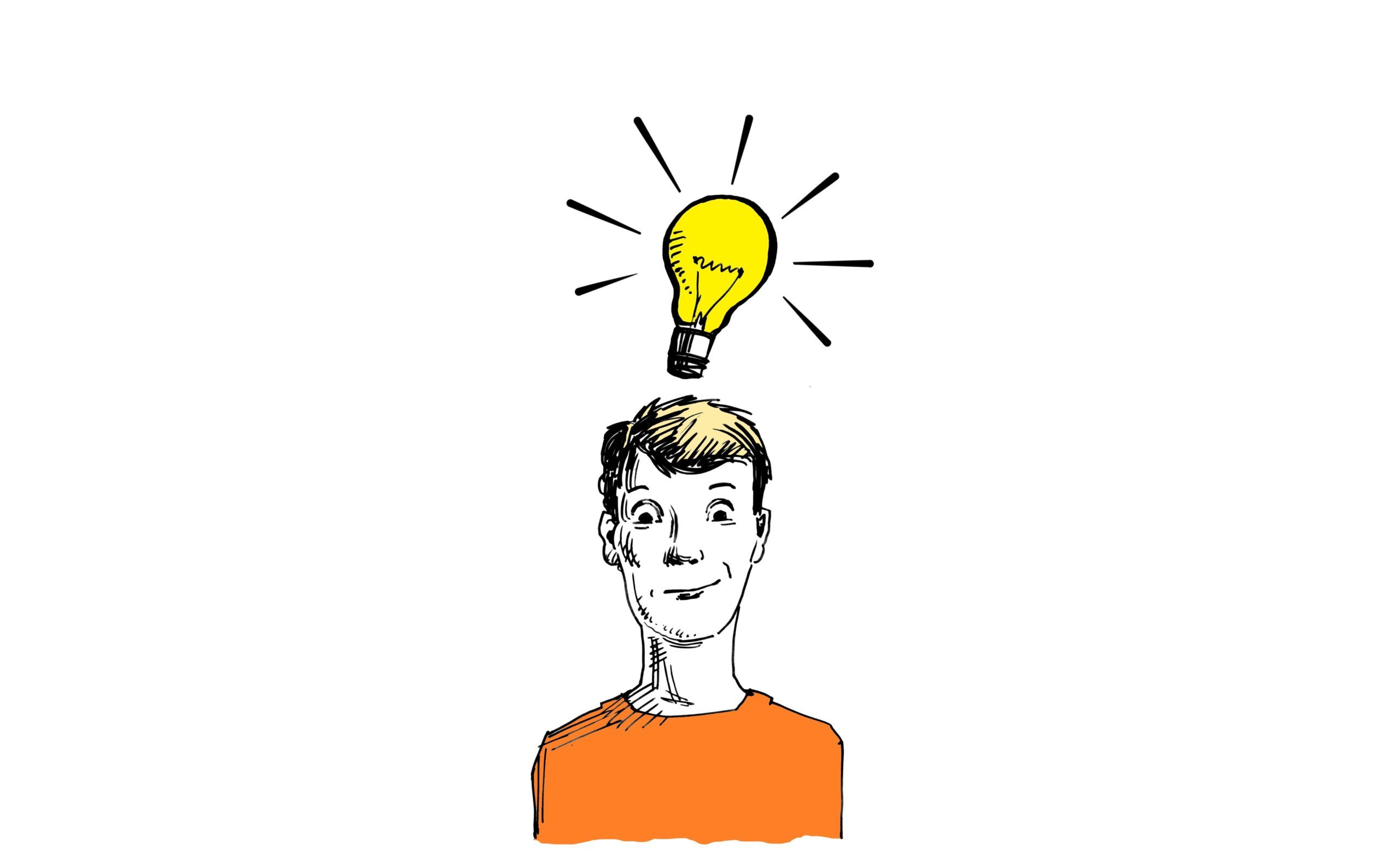
The My I-D.E.A.S sessions are specifically written to deliver key personal skills sets which provide focus, motivation, and planning for Adults and Young People engaged across a range of public service environments, such as DWP ETE, Drug and Alcohol Treatment, Health/Mental Health, Young People’s Alternative Education, and Criminal Justice services.
My I-D.E.A.S™ sessions are tailored, particularly when working with Young People in danger of becoming NEET, struggling with their mental health, or involved with our Criminal Justice System. My I.D.E.A.S sessions can be underpinned by a nationally accredited NOCN Level 1 Award in Developing Critical Thinking Skills to Enhance Decision Making and some examples of the tailored sessions are:
Apathetic Attitudes
Building relationships, understanding desires, taking an asset-based view of an individual’s passion and drive. Focussing on listening, assessing, understanding, defining challenging labels and planning. To identify the causes and reasons for a person’s apathetic attitude to their health, employment, education, training or avoiding criminal activity and understand that this is within the person’s control.
Duty to the Community
Distinguishing rights within society from responsibility towards society to stress the importance of everyone’s duty to maintain fairness between rights, needs, economy, welfare, and shared habitats. Learners will develop an understanding of the importance of their contribution to society and the influence they have on their environment to identify their obligations to act for the benefit of the wider community.
Equality & Diversity
Looking at the 9 protected characteristics of the Equality and Diversity Act 2010. Understanding and valuing differences and the right not to be stereotyped, prejudiced or treated differently because of a protected characteristic.
What Makes You Tick
Understanding what drives motivation and passion. Exploring learners interests and ambitions and learning to focus and build on inherent cognitive skills positively, to drive learners to achieve their goals. Looking at the science of the brain to understand where motivation comes from and learning practical tools to gain momentum and sustain positive change.
Defining Values
Understanding values and beliefs and how they guide choices and actions. Defining values through self-reflection and examining what they perceive to be right or wrong and whether that is in line with their actions.
Enhancing Decision Making
Exploring reasoning and effective decision making processes. Understanding the importance of overcoming fears and taking positive risks. Also looking at factors such as intuition awareness, critical thinking, and emotional input that affect or prevent effective decision making.
Asking Questions
Exploring different types of questions. Teaching Learners to ask questions to increase confidence in interacting with others. Also looking at the importance of asking questions to uncover challenges to generate better solutions.
Understanding Stress
Understanding when Learners are ambivalent and acting against their better judgement. Understanding the stress created by ambivalence and the impact. Learning the structural approach to the brain to understand where conflicting thoughts originate, why ambivalence causes stress and how to reduce that stress.
Transposing
Learning how to separate statements or thoughts to recognise the conflict of two clear opposing points of view.
Procrastination
Looking at how ambivalence causes procrastination and putting off important decisions or tasks. Understanding the impact of procrastination on mental health, wellbeing, and productivity and learning ways to overcome procrastination.
Regaining Self-Control
Learning passive voice recognition and where it originates in the brain. Exploring active alternatives and encouraging accountability for thoughts and actions, understanding the locus of control lies within.
Critical Thinking Skills
Learners develop critical thinking skills to examine their beliefs about themselves and understand how they impact on what they can achieve. Understanding how their beliefs reflect in their outlook and the way other people interact with them and the importance of questioning these beliefs.
Overcoming Fears
A structural approach to embracing change and understanding the science behind internal objections to planning and education. Learners will learn to understand why people respond to challenges in different ways and learning mechanisms for appropriate responses to adversity and challenges.
Skills for Behaviour Change
Examine how thoughts, feelings, and beliefs impact behaviour. Learning the cognitive skills to change thoughts and emotions and resulting behaviour by looking at the science of the brain and understand where conflicting thoughts and feelings originate.
Situations vs Personality
Learning to discuss, debate, and challenge topics while putting aside personal beliefs or objections. Learning the art of being able to put forward arguments on a topic despite personal opinions, beliefs, or objections of that chosen topic.
Respect & Tolerance
Understanding the importance of respect and tolerance and looking at key aspects of building a respectful and tolerant culture. Exploring ways to promote respect and tolerance and understanding the impact of discrimination, stereotyping, and lack of social responsibility.
Changing Language and Mind-Set
Exploring the impact of language and labels on learning. Looking at language, labels, and metaphors and how they can appear to remove choice and perceive powerlessness.
Gangs, County Lines, Cuckooing, and Knife Crime
Educating Learners about the dynamics of gangs and the wider consequences of being involved/associated such as criminal exploitation, victims of crime, being in risky situations and the legal principle of joining enterprise. Dispelling myths and developing critical thinking skills and resilience to break free or dissociate from gang activity. Building confidence and utilising lived experience and developed skills in a positive way.
Criminal & Sexual Exploitation
Tacking peer pressure, identifying abuse and the art of control.
To highlight the methods in which Learners can be abused and groomed to commit acts of crime or complicit in abuse.
Cannabis Awareness
Looking at the psychological and physiological effects of cannabis on the mind and body, both short and long term. The effects on memory and the brain, how decision making can be influenced and recognising/acting on mental health warning signs. Also looking at anti-social and risk-taking behaviours, dealing with peer pressure and dispelling myths about the legal status of cannabis.
Drugs, Alcohol, Tobacco
Highlighting the scientific effects on the human body and social and cultural effects in general. Learners to be equipped with enough information and able to make informed decisions when presented with the option of experimenting.
Appearance & Hygiene
Finding the balance between minimum hygiene expectations and individuality and self-expression. Understanding how appearance impacts non-verbal communication and how people are perceived and treated due to their appearance. Also looking at the impact on mental health and reflecting how you want to be perceived.
Healthy Relationships
Promoting healthy relationships. Looking at relationship dynamics, when behaviour constitutes abuse (physical and mental) and LGBTQI+ issues.
Sexual Promiscuity
Males and Females separate.
Develop an awareness of the scientific, social, and cultural factors of sexual health, the effects of porn and the sex industry on perceptions of healthy sexual relationships.
Happy Mind, Happy Life, Resilience
Introducing concepts of managing mental health which links through to living healthy productive lives. Learners to become aware and realise the links between their mental health and their lifestyle with steps to manage positively and proactively. Also looking at suicide risk, insecurities, anxiety, and depression.
Living a F.U.L.L Life
Demonstrating how we build family relationships, community ties, and social capital while assessing the resources, skills, and experience available to unite communities to become positively organised.
Emotional Intelligence
Working with Learners to identify and develop emotional intelligence and self-awareness. Understanding the importance of managing their own and others emotions. Demonstrating how people with strong interpersonal skills are often more successful in both their professional and personal lives.
Role Models
Highlighting the value of personal image and establishing how role models may have a negative influence on the way in which Learners interpret the world. Learners to appreciate the importance of their personal image, analysing what making a positive role model and determining who their role models are.
Social Media Awareness
Looking at information shared online and how to use critical thinking skills to determining accuracy. Looking at the motives of the person sharing information and the social, cultural, and personal effects of sharing inaccurate information online such as mental health, suicide, extremism, and defamation.
Internet Safety
Including social media and inappropriate texting and communication via technology. Awareness of potential online dangers, privacy issues and control of data. Identifying appropriate online behaviour in an offline context.
Learning Styles
Learners conduct V.A.R.K assessment to become aware of their own learning style of understanding, conceptualizing, organising, and recalling information and their individual way of processing information.
Stages of Learning
Looking at the 5 stages of learning:
- Unconscious Incompetence
- Unconscious Competence
- Conscious Competence
- Conscious Incompetence
- Flow/Mastery
Demonstrating the importance of resilience in learning and that giving up is a choice. Inspire Learners to remain determined by recognising learning is a process.
STAR Technique
Learners learn about STAR technique to give a logical structure when describing examples of competency or skills.
SWOT Analysis
Self-assessment of strengths, weaknesses, and transferrable skills. Learning how to plan for continued self-development to overcome threats and made the most of opportunities.
Communicating Appropriately
Exploring all methods of communication and the benefits of having good communication skills. Including the skill of listening and the art of persuasion, ensuring the best possible outcome from communicating effectively.
CV & cover letter writing
Learning how to write CV’s and Covering letters that will compete in today’s labour market. Exploring the difference between CV’s and Covering letters and how to ensure they are sector-specific using job descriptions and person specifications. Also looking at how to meet the expectations of employers across different industries and demonstrate how to transfer skills from past experience.
Accessing the Hidden Jobs Market
Understand Employer’s motives in recruitment and developing strategies to access jobs that are not advertised in the usual places or by usual methods.
Interview Skills
A structural approach to embracing change and understanding the science behind internal objections to planning and education. Learners to understand why people respond to challenges in different ways and learning mechanisms for appropriate responses to adversity and challenges.
NOCN Level 1 Award in Developing Critical Thinking Skills to Enhance Decision Making
For this qualification the learner will:
- Understand how critical thinking skills can change behaviour and improve decision making
- Understand methods to improve critical thinking skills
- Be able to use critical thinking skills
Contact our Community Development Team on 0800 069 9198
